If this photo by Domcar C. Lagto of lightning striking the erupting Taal volcano in the Philippines this January isn’t the photo of the year, I don’t know what is. The violence is transfixing!
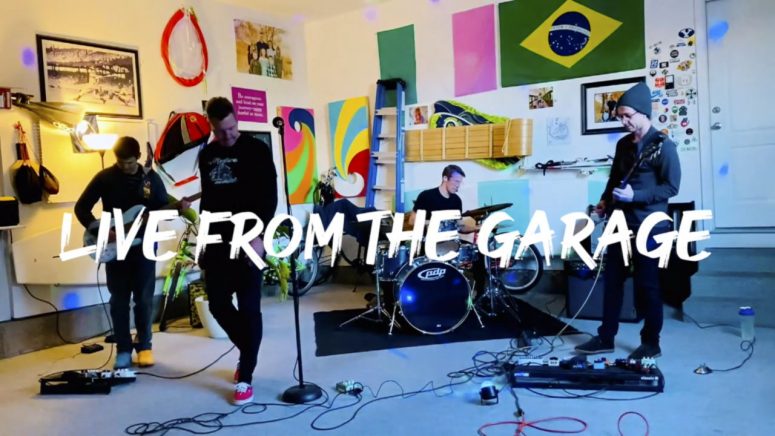
SAVE THE DATE: My cover band will premier its first live YouTube show on New Year’s Eve at 4pm local time (6pm Eastern). Hit that bell and join the live chat during our 31 minute performance. Hope you can make it. Please tell your friends.

Watch this comical video to see what I mean. Not everyone talks like this, of course, but a lot of companies do.
For whatever reason (usually cultural ones), businesses like to speak in code to each other, and then they pay me to decode the nonsense into something actual humans can understand in written form.
It’s a confusing phenomenon, but I ain’t complaining. I love doing it.
See also: Why corporate speak is garbage language
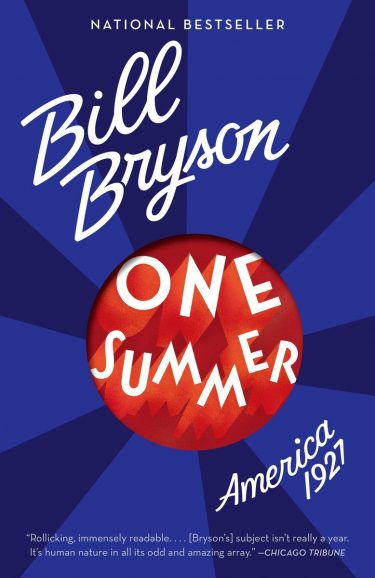 Most historians agree that America became the wold’s superpower in the early 1900s, either after the building the Panama Canal or certainly for their help in winning World War I.
Most historians agree that America became the wold’s superpower in the early 1900s, either after the building the Panama Canal or certainly for their help in winning World War I.
Author Bill Bryson, however, convincingly argues that the county truly congealed that status in the summer of 1927, when Charles Lindberg became a global superstar after becoming the first person to fly across the Atlantic; “talking pictures” began exporting American thoughts, attitudes, and culture en masse; installment plans made modern consumerism possible; television was invented, and Babe Ruth became the first athletic superstar. Amazingly, a lot more happened that summer, too, which you’ll need to read to find out for yourself.
With one or two exceptions later in the book—where Bryson sorta goes off on a tangent about seemingly unconnected things that happened that summer (such as what book publishers did that summer)—I found the history to be fascinating and often gripping. Either way, “It was one hell of a summer,” Bryson writes.
Here’s my favorite passage: “It is a little hard to imagine now, but Americans in the 1920s had grown up in a world in which most of the most important things happened in Europe. Now suddenly America was dominant in nearly every field—in popular culture, finance and banking, military might, invention and technology. The center of gravity for the planet was moving to the other side of the world, and Charles Lindbergh’s flight somehow became the culminating expression of that.”
My latest for Costco Connection (click to enlarge):
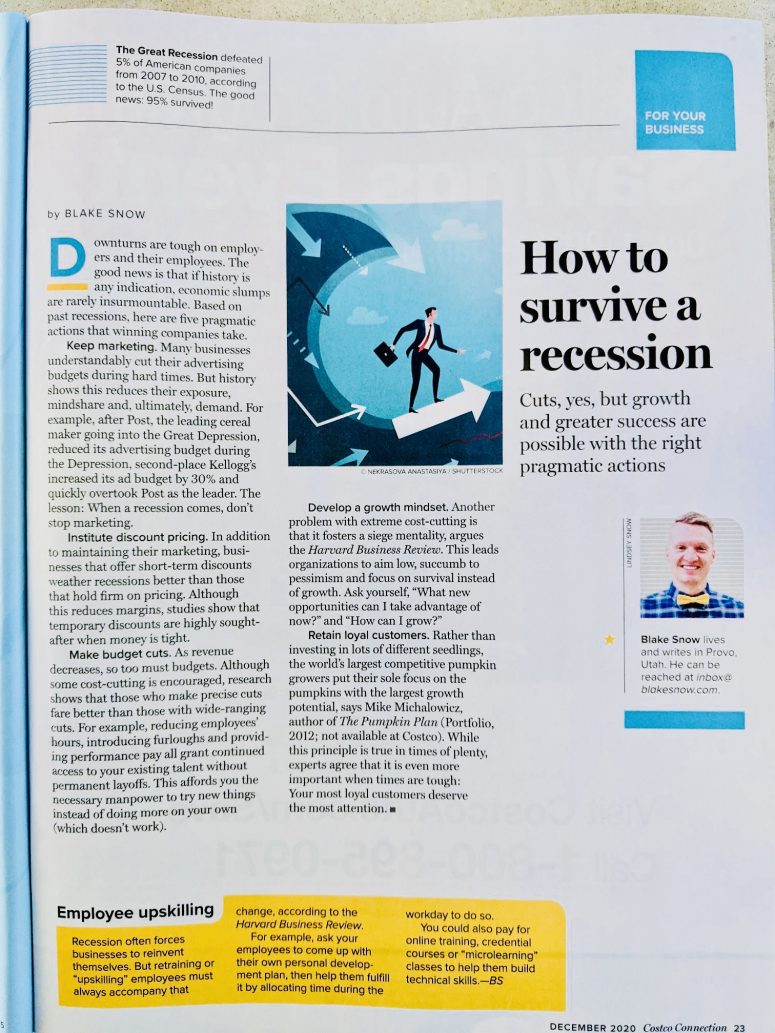
Thanks for reading.
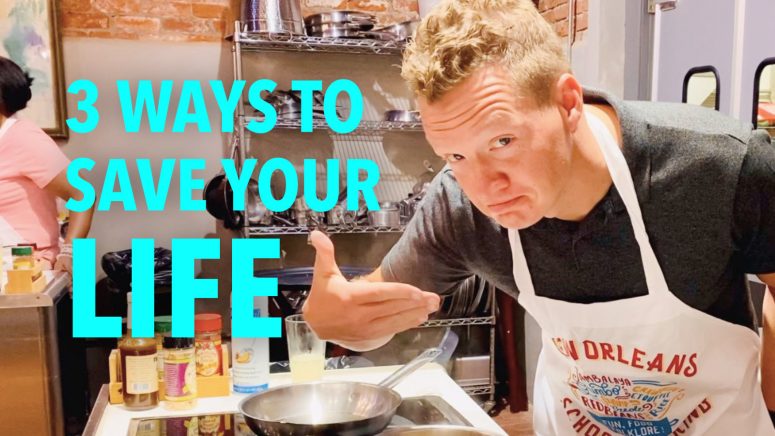
NOTE: You can alternatively watch this article on YouTube—it’s pretty cool and features some of my favorite movie scenes.
Hi, my name is Blake Snow. I am an author and practicing husband and father from Provo, Utah. I recently published my second book called Measuring History about an unknown Texas company that quietly changed the world. I hope you read it.
Many years ago, a hospice nurse from Australia named Bronnie Ware asked thousands of patients on their deathbeds to share their biggest regrets in life. This was number one: “I wish I lived a life that was true to myself instead of trying to satisfy others’ expectations of me.” This was number two: “I wish I hadn’t worked so hard.”
To avoid these common mistakes and prevent history from repeating, each of us must change our default, human behavior. The good news is there are three, science-backed daily habits we can adopt to accomplish this. I discovered these while writing my first book, Log Off, and have closely followed them to wonderful heights over the last decade.
These 3 life-saving strategies are as follows: Continue reading…
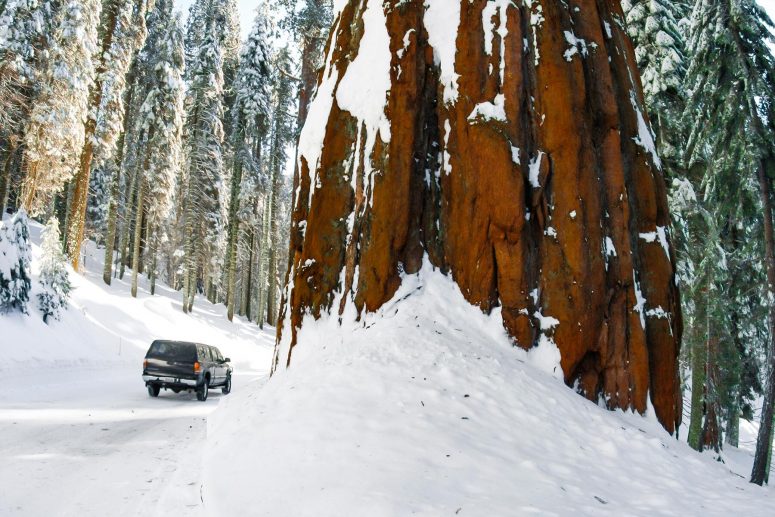
Courtesy Shutterstock
Thanks for reading and sharing the ones that interest you the most:
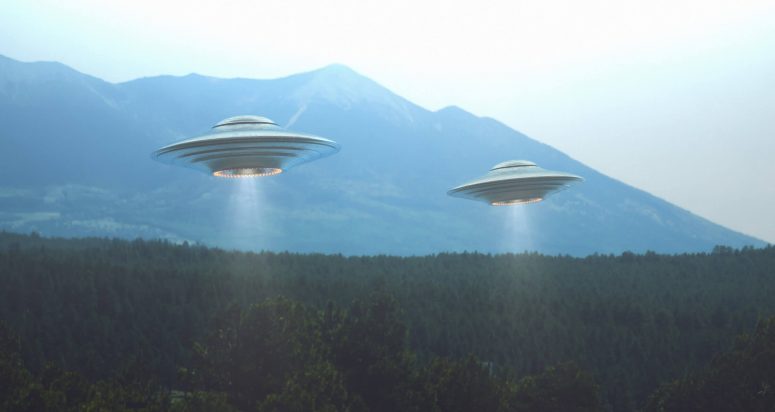
NOT what I saw but thematically similar (Courtesy Shutterstock)
While driving home recently, my wife, son, and I witnessed 10-12 UFOs heading east into the night sky. They were lined up like planes heading to the airport, but they weren’t blinking and the airport is north, not east.
The objects were flying in formation in a mostly straight line. But one by one, the distant lights faded away as they crossed a certain threshold of the cloudless night sky. I was so mesmerized, I thought to myself, “Pull over and take video,” but then I reasoned, “There’s got to be a logical explanation that will manifest itself soon,” so I kept driving. Moments later, the line of UFOs were gone. I don’t know if they were alien, but they were certainly unidentified, mysterious flying objects like nothing I’ve ever seen.
Fun fact: this was the second UFO sighting I’ve seen in my life. The first was as a boy from my window-filled room on Orchard Street in Stillwater, Oklahoma. For that, there were no other witnesses. I saw a dime-sized black-lit oval (with several white lights spaced out like chocolate chips on a cookie) fly across the horizon at a speed that was twice as fast as either a satellite or fighter jet. I immediately ran to my mother to tell her. I couldn’t have been more than 10 years old. And she believed me!
I can’t tell you how wonderful that felt, to have my mother believe in a mystery that I had just experienced. She didn’t judge or even express skepticism. She sincerely believed and supported me, which is about the best any of us can do when something unexplained happens.
UPDATE: Mystery solved! After further research, my friend Matt rightfully determined that what we witnessed was SpaceX’s new Starlink internet satellites.
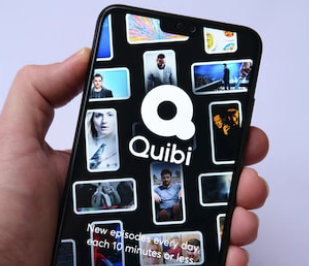
Courtesy Shutterstock
This is a great read by Bloomberg about the sudden rise and fall of Quibi, a short-lived streaming platform that threw a lot of money and hype at a problem that didn’t exist:
“By September, Quibi’s user base had crept to about 400,000, putting it far behind the company’s internal projections of 7.4 million viewers by the end of 2020. That same month, Whitman and Katzenberg considered raising more money or selling the company. They pitched Apple, Facebook, WarnerMedia, and NBCUniversal, none of whom bit on either option, according to people familiar with the meetings. With $350 million left, the co-founders abruptly decided to shut down the service.”
I remember hearing about the company when they launched this spring, thinking to myself “Who would pay $8 a month for 10-minute short movies?” and then I never heard from them again, until this news broke. It must be hard to get good feedback on new ideas when you’ve already found success like these two famous cofounders previously had.
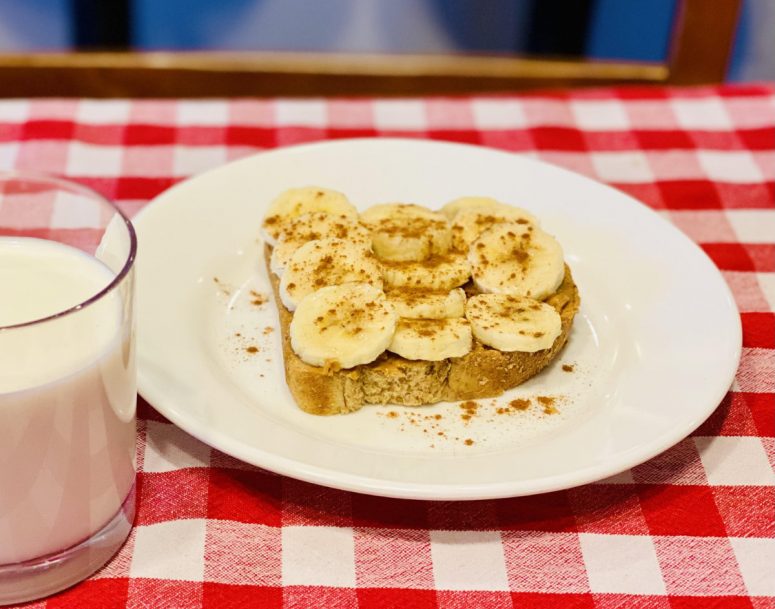
Photo Blake Snow
This thing is a taste and texture explosion!
I like it because the toast and crunchy peanut butter are perfectly balanced by the creaminess of the butter and soft bananas on top that cushion the roof of your mouth. And the cinnamon adds just the right kick of spice!
Better yet, it’s packed with carbs, proteins, and fats to give your body all the macro nutrients it needs to start the day. Pair with whole milk. Hope you enjoy!

Courtesy Shutterstock
“Years ago, anthropologist Margaret Mead was asked by a student what she considered to be the first sign of civilization in a culture. The student expected Mead to talk about fishhooks or clay pots or grinding stones.
“But no. Mead said that the first sign of civilization in an ancient culture was a femur (thighbone) that had been broken and then healed. Mead explained that in the animal kingdom, if you break your leg, you die. You cannot run from danger, get to the river for a drink or hunt for food. You are meat for prowling beasts. No animal survives a broken leg long enough for the bone to heal.
“A broken femur that has healed is evidence that someone has taken time to stay with the one who fell, has bound up the wound, has carried the person to safety and has tended the person through recovery. Helping someone else through difficulty is where civilization starts, Mead said.”
“We are at our best when we serve others. Be civilized.”—Ira Byrock
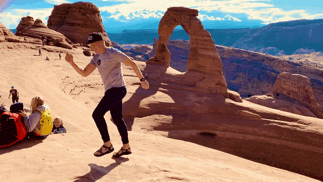
Running man at Delicate Arch
I’m conflicted about this year.
On the one hand, 2020 has been the most difficult year of my life. After pandemic struck, I was underemployed and making less than half my normal income for much of the year. As a social butterfly that values gatherings, events, and travel, it’s been hard to pretend to be something I’m not: an introverted, ineffectual homebody that’s suppose to keep their distance.
To be asked to do this for an indefinite period of time is even worse, especially after a country of 10 million (Sweden) has avoided lockdowns, face masks, and closed businesses, even though their death rate is better than Spain, Italy, France, and America (who all opted for strict closures and mask use — go figure).
On the other hand, there’s a lot more to like about 2020 than not. In fact, it’s far from being the “dumpster fire” it’s been called. Although I wouldn’t consider it my favorite year, it’s certainly the most memorable. Here’s why: Continue reading…

Courtesy Shutterstock
The following expert from Log Off: How to Stay Connected after Disconnecting was cited by a recent reader as their favorite passage in the book:
People want their lives to have meaning. They don’t want a third of it (i.e., the ideal time spent working) to be spent in vain. So we delude ourselves into thinking that our work has some cosmic purpose to justify working more hours, which, on the surface, would suggest more importance. But quantity is not the same as quality. If I’m really being honest, my epitaph should read: “Occupation: Helped companies sell more widgets and advertising with written words.” None of us are that big of a deal. Yes, industry and economy are an important endeavor. But it’s not as important as sharing a smile with someone, realizing your child will be smarter than you, feeling insignificant amid a majestic landscape, experiencing and nurturing true love, finding your groove, watching an underdog upset the establishment, catching a wave, or eating a homemade chocolate chip cookie. The sooner we accept our dispensability and nothingness, the sooner we’ll rightfully fill our lives with greater, more qualitative meaning.
Thanks for reading. Happy Thanksgiving!
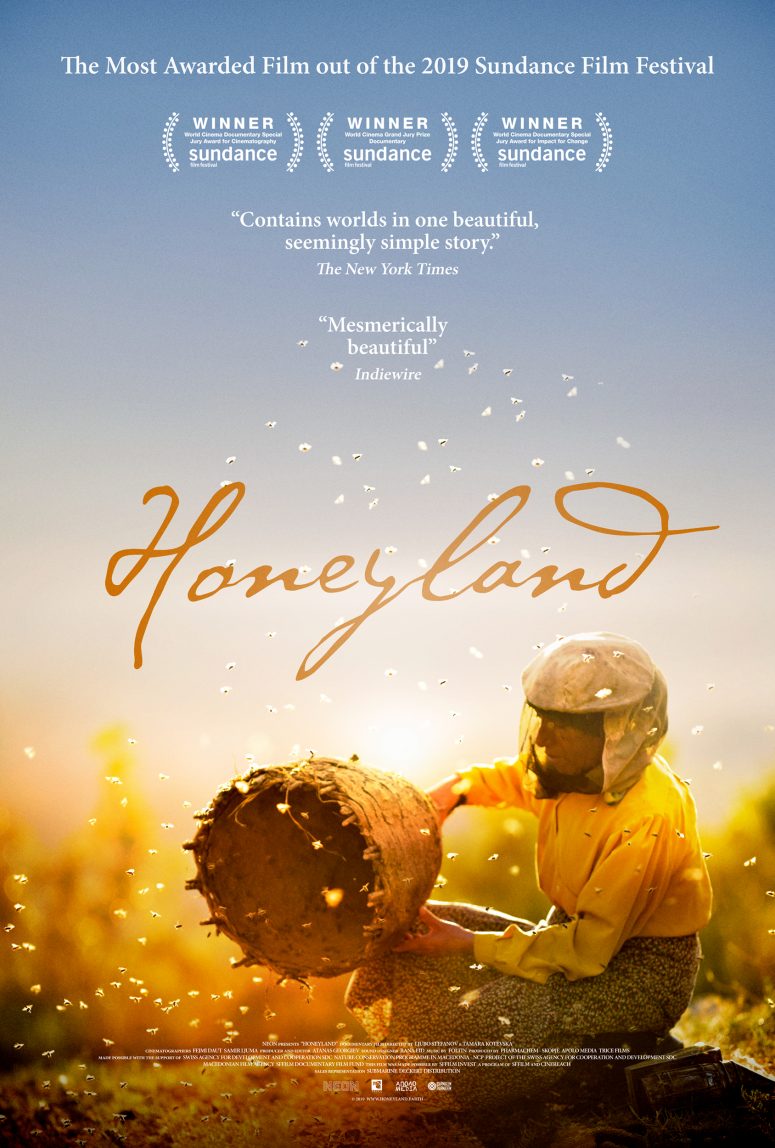
Trailer here. Stream on Amazon.
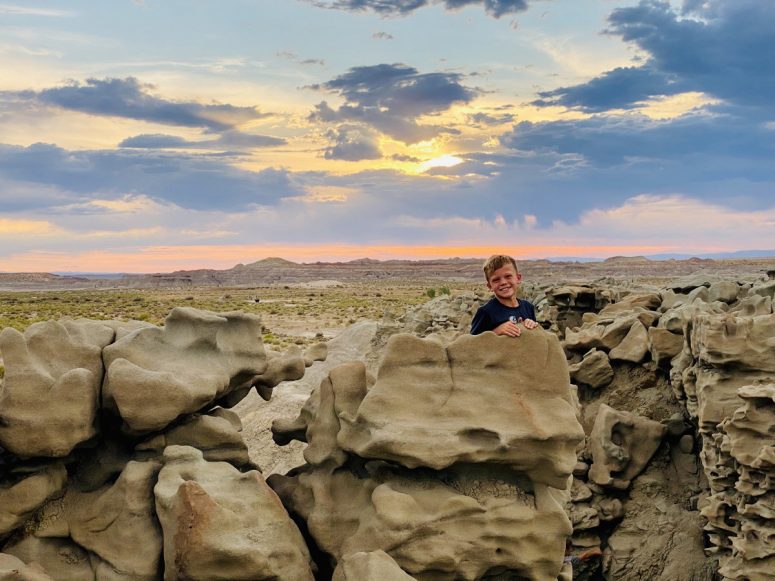
My latest for Fodor’s: With so many other national parks and recreation areas overshadowing it, northeastern Utah is easily overlooked, especially when compared to Southern Utah. But with many of the same features minus the crowds, little-known Vernal is like Moab before it became overrun with tourists. From remarkable hiking, surreal canyons, and amazing arches, to prehistoric digs, whitewater rafting, and legalized cliff jumping, there’s so much to like about this so-called “Dinosaurland.” Continue reading…

I don’t know either of them but I’m overjoyed by both. Thank you, Mr. Tenshi. You too, Sherry!

Courtesy Shutterstock
Although unusual elsewhere in the world, the United States is very patriotic and proud when it comes to commencing athletic events with its own national anthem. Why is that?
In this excellent 12 minute report by Cheddar, it’s fascinating to see how the tradition took root, and how it might change (or not) in the coming years.
My personal opinion: I like the sporting staple and don’t think it’s overplayed, since most people only participate in it when in person or during big televised events such as the Super Bowl or Olympics.
The rest of the time we mostly skip it, which keeps the anthem from becoming blasé (unless of course your one of the rare athletes that hears it before every game).
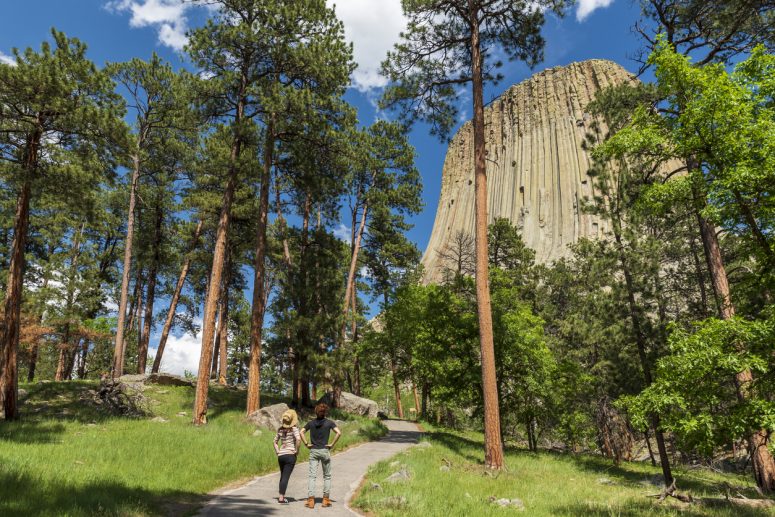
Black Hills / Devil’s Tower courtesy Shutterstock
My latest for Orbitz: When European settlers first started carving up territories (and eventually independent states and countries) in the “New World” during the second half of the last millennium, they didn’t care about splitting up natural wonders or continuous sections of geography. They drew borders solely for political and/or easily marked reasons. Which is why North America is divided the way we see it today.
So when it comes to seeing some of the greatest outdoors on the continent, sometimes you have to cross borders to experience the full thing. Here’s why the following are worth someday seeing from both sides. Continue reading at Orbitz…

Was it invented or discovered? Does it even exist or is it just a Jedi mind trick to help us understand and observe how the world works? The answer might surprise you; I highly recommend you read this.
 American politics are a turn off. So I don’t watch 24 hour news. But American politics are also important. Which is why I read candidate bios before casting my vote.
American politics are a turn off. So I don’t watch 24 hour news. But American politics are also important. Which is why I read candidate bios before casting my vote.
As an unaffiliated, independent, business-owning voter living in a conservative state, I typically vote 60% Republican and 40% Democrat in local, state, and federal elections.
To give you an idea of my presidential voting record, I didn’t vote in the 2000 election while living abroad and I didn’t vote in 2004, because I didn’t like either candidate.
President Obama was the first president I actually voted for. He did a good job, but since I like fresh blood and am pro business, I voted Romney in my next election, followed by Clinton as the lesser of two evils last time, and Jo Jorgensen this time (i.e. a vote for good is better than the lesser of two evils). So two no votes, two votes for democrats, one vote for republican, and one vote for libertarian at the federal level. My local and state election record skews slightly more Republican.
As the last fiscally conservative president that actually balanced the federal budget, I think Bill Clinton is the best president of my life time so far. I liked Reagan’s personality, but in hindsight I disliked his turning the former “conservative” party into a big spending, liberal one (i.e. I only like liberal parties so long as there is a conservative party to keep it in check, and vice versa). I didn’t have a strong opinion on the first President Bush. I thought the second President Bush was a well-meaning man surrounding by poor advisers, and I disliked his war on terror.
I like President Obama’s optimism and moderate approach to the presidency, but I disagreed with his signature policy of insuring people rather than improving their actual health. I liked that President Trump has saved me on taxes and how he renegotiated several international treaties. But I dislike his wall approach, his insulting attacks on people he disagrees with, and his total lack of diplomacy. I don’t believe a vote for Trump is a vote for a racist dictator that will ruin the world. But I don’t feel comfortable voting for him either.
As a federalist, I support the electoral college, even at the expense of the popular vote sometimes. I believe in checks and balances and would hate for any party to control both the presidency and both houses of congress. And I think ranked choice voting is the best way to improve the quality of politicians we elect.
Here’s where I stand on the biggest issues put forth by the country’s two largest parties: The Democrats and The Republicans: Continue reading…
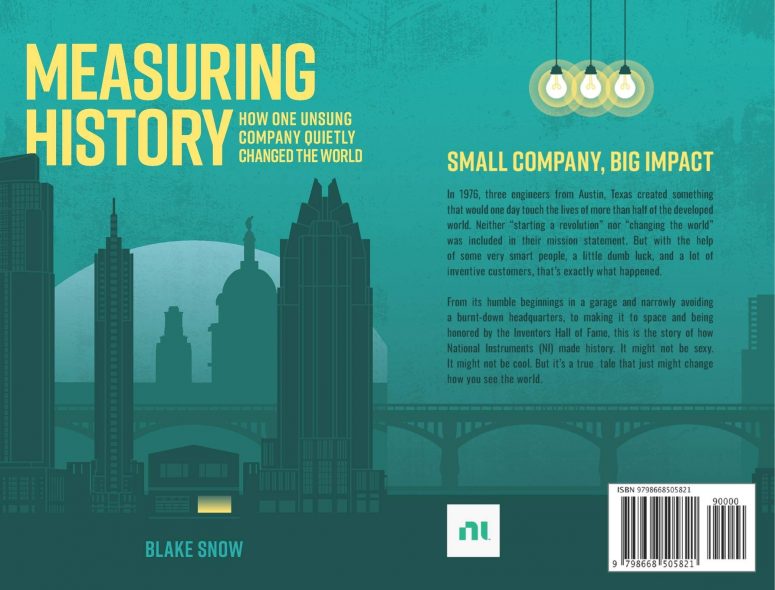
After more than a year of interviews, reporting, writing, editing, revisions, proofreading, and a couple of months of quarantine (hence the two month delay), I’m excited to announce the release of my second book, Measuring History: How One Unsung Company Quietly Changed The World. We were suppose to do a big book launch party in Texas but that was cancelled for COVID.
Nevertheless, I’m immensely proud of the result and look forward to celebrating and promoting the book over the next several months and into the new year. If you liked my first book, I hope you’ll consider reading this one about a special “little” company from Austin that changed the world in a big, albeit unseen way.
Book description here:
In 1976, three engineers from Austin, Texas created something that would one day touch the lives of more than half of the developed world. Neither “starting a revolution” nor “changing the world” was included in their mission statement. But with the help of some very smart people, a little dumb luck, and a lot of inventive customers, that’s exactly what happened.
From its humble beginnings in a garage and narrowly avoiding a burnt-down headquarters, to making it to space and being honored by the Inventors Hall of Fame, this is the story of how National Instruments (NI) made history. It might not be sexy. It might not be cool. But it’s a true tale that just might change how you see the world.
Thanks for considering it, reading, reviewing on Amazon, and forwarding to all your reader friends.

This is an amazing story on how Germany uses detectives to root out lying “refugees” from the ones who really mean well:
“What [the program] has achieved, beyond doubt, is a more limited political goal: to begin to assure Germans that their government’s refugee policy is not simply the absence of a policy. One perplexing question for liberals worldwide is why conservatives seem not to care about the data suggesting that over time, refugees improve the countries that receive them. For one, they can relieve demographic pressures. (Japan’s population is aging, and because immigration remains low, the development of geriatric-helper robots is a national concern.) And refugees tend to be enterprising. “Consider how much courage and determination it takes to put your 2-year-old daughter on your back, grab your 4-year-old son by the hand, and start walking toward Europe,” James Stavridis, who was the supreme commander of nato from 2009 to 2013, told me. “I want that person on my team.”
Continue reading…
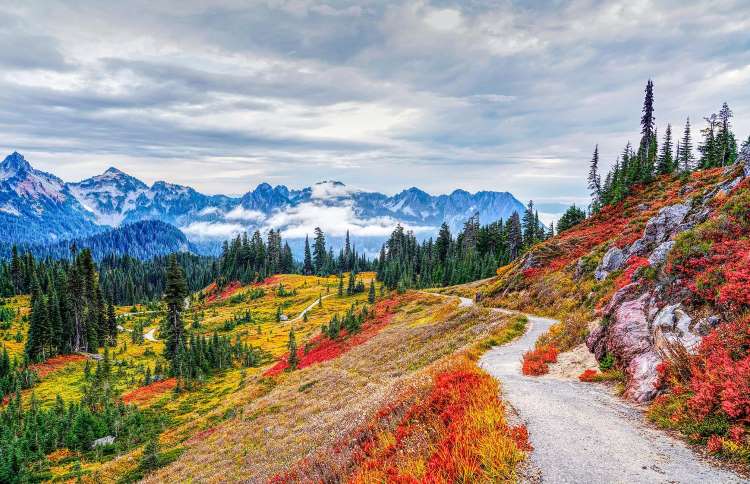
Courtesy Shutterstock
My latest travel dispatch: Just to be clear—there is never a bad time to visit a National Park! Except for during road closures, wild fires, rush-hour like traffic on holidays, or maybe even extreme temperatures in summer or winter.
That said, many National Parks are especially amazing in autumn, aka America’s favorite season, according to a recent BuzzFeed survey. Not only does fall welcome far fewer crowds and more manageable temperatures to our nation’s public parks, but it also brings with it the changing of the leaves, bringing out nature’s wild palette of colorful trees. Want to see the best of the best for fall? Look no further than these top picks.
Continue reading at Orbitz…
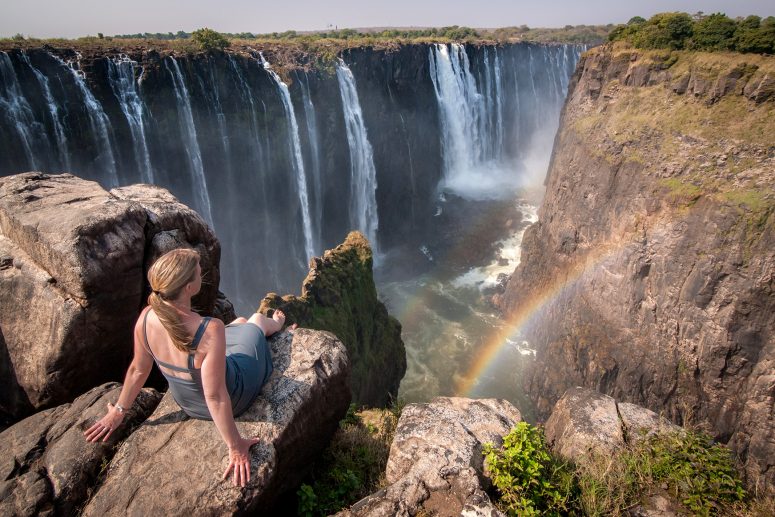
Shutterstock
While nowhere near the 180 countries U.S. passport holders could visit before the pandemic, there are currently 11 nations that are welcoming Americans with few, if any, entrance restrictions. Read my latest for Fodor’s…
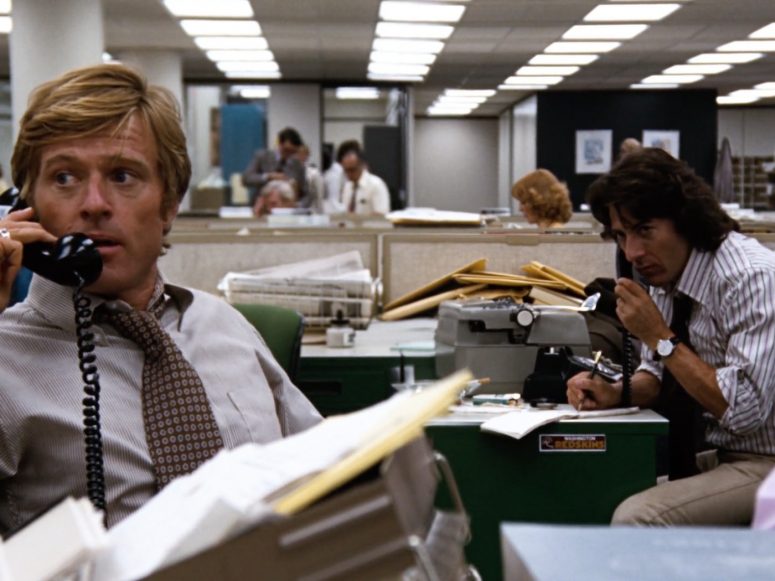
As a working, independent journalist for over 15 years now, I can attest that there is, in fact, a liberal bias in the media. In fact, 37% of journalists identify as liberal, while just 7% as conservative, according to the Washington Post. The rest, myself included, are independent.
Having written for dozens of moderate outlets such as CNN and even Fox News and MSNBC—the most extreme publications for American news bias—I also have a lot of insight into why that is. Here’s why. Continue reading…

Courtesy Shutterstock
My latest for Fodor’s: “Shortly after coronavirus restrictions closed international borders last spring, I asked a dozen travel experts on when those borders might reopen. The immediate answer was discouraging: sometime in 2021 at the earliest. Many of those same experts accurately predicted, however, that domestic borders would reopen this summer and fall, which is exactly what happened.
“So how have travel forecasts changed over the last half-year, if at all? Are there any silver linings or is there any good news on the horizon for those hoping to travel as we did in the past? And what will it take to regain access to the places we lost this year?
“While there’s no easy answer to those questions, this is what many of those same experts say now: Everything is subject to change in this hesitant, inconsistent new world.” Continue reading…
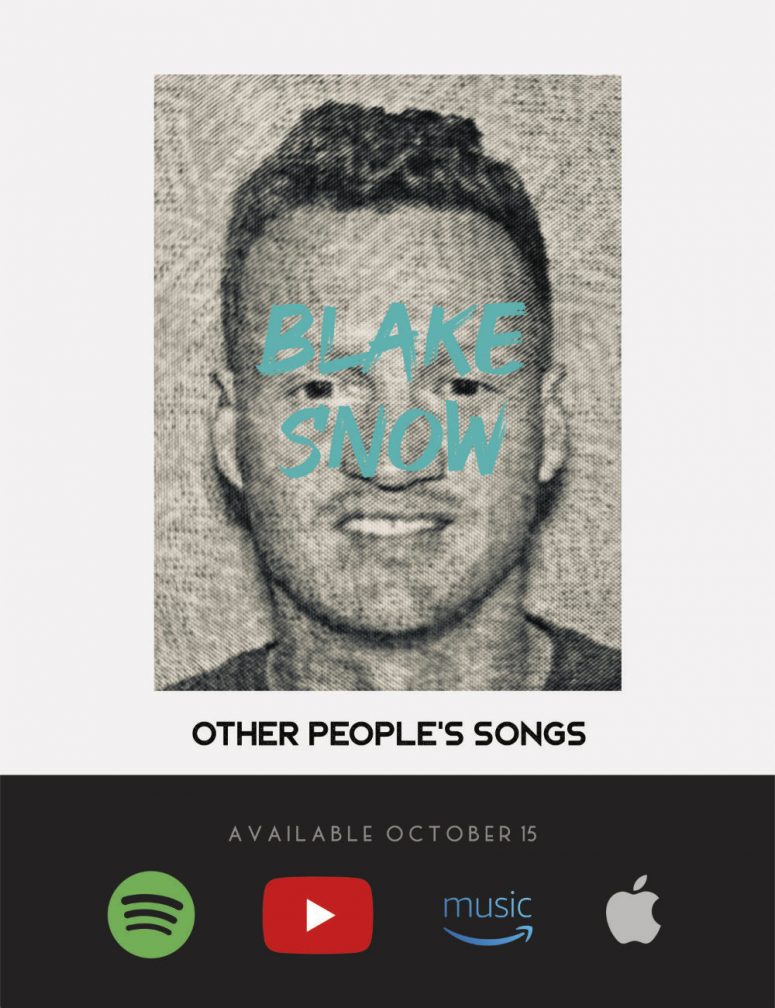
After releasing my debut album this year, I licensed and recorded a few of my favorite cover songs, which resulted in my first EP, out October 15. Hope you like it!

The Atlantic on the death of Eddie Van Halen: “How do we categorize his music? Soft hard rock. Light heavy metal… In the end, they were crossover artists. Beloved of girls, beloved of boys, with Eddie always, always taking it beyond. The far brought near. Excess without vulgarity. America, don’t forget how beautiful you are; you created the conditions for Eddie Van Halen.”
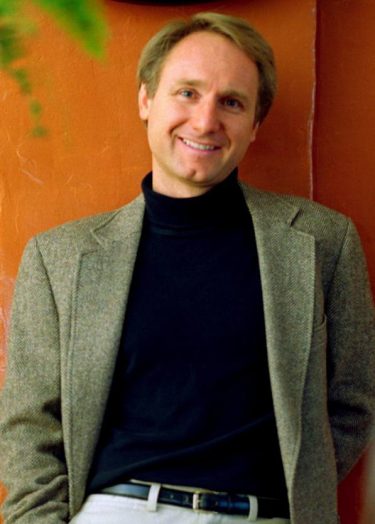 This is a great read by Jason Diamond on why critics hate Dan Brown but readers love him.
This is a great read by Jason Diamond on why critics hate Dan Brown but readers love him.
“William Shakespeare and Agatha Christie have sold in the billions. Danielle Steel and J.K. Rowling have both moved somewhere on the order of 500 million. Stan and Jan Berenstain sold about 250 million copies of their picture books about a family of eponymous, anthropomorphized bears. Stephen King beats out Brown, checking in around 350 million, and a handful of Japanese manga writers are up there as well. But at around 50th on the list, you’ll find him: Dan Brown, American author of just seven novels (Digital Fortress is the only pre-Langdon title), with 200 million sold copies to his name.”
I devoured Brown’s first four page-turners (Digital Fortress, Deception Point, Angels & Demons, Da Vinci Code) at the turn of the century and have fond memories of doing so. He’s more than deserving of his popularity.
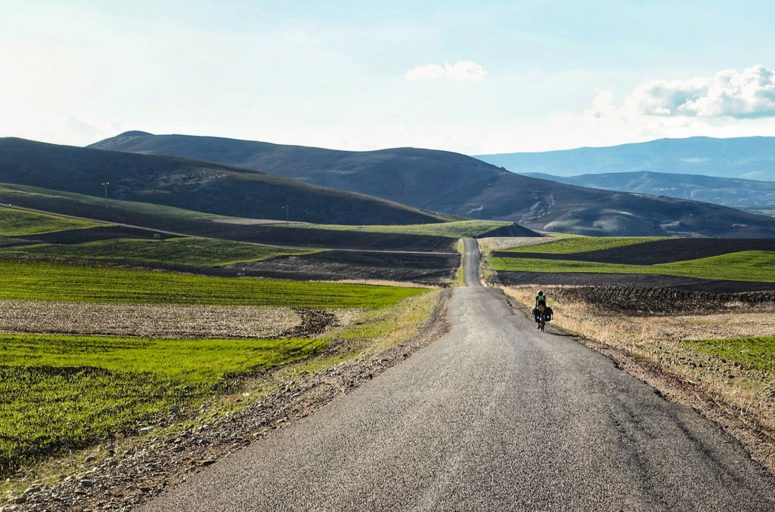
Courtesy Outside
They were both modern-day martyrs, reports Outside magazine.
“Back when Austin and Geoghegan were cycling through Spain, after they were rescued by a stranger in the middle of a snowstorm, Austin wrote a post on his blog. “We live in a world where how you live is dictated largely by how you trust. If you do not trust others, if you believe human nature to be something dark and rotten, you close yourself off to a whole lot. If you do not open the shutters, all you get is darkness, no matter what’s outside. True, you may get darkness even if the shutters are open. Darkness or something worse: a rock hurled through your window, a tree branch kicked up by violent winds. But there’s no way to let the light in unless you open your shutters to the wider world.”

Shutterstock
My wife and I were talking to our children recently about how to spend money for maximum impact, fulfillment, and happiness. After researching the issue further, this is what I came up with: Continue reading…
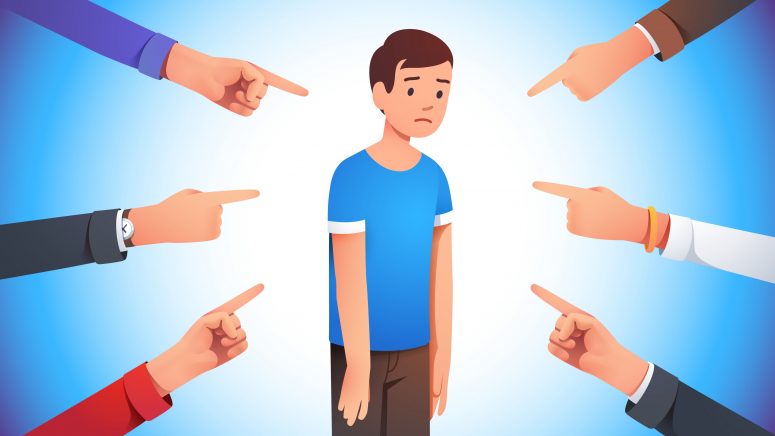
Shutterstock
My latest for Fodor’s about people who don’t think other people should travel in pandemic: “I think shamers are just scared, probably a little jealous, and don’t know how to handle their frustration or anger,” says travel blogger Kristin Addis. “The only way to handle it is to be OK with disagreeing. Shaming won’t fix anything. It won’t help communities that depend on tourism, and it won’t stop people from traveling either.” Continue reading…
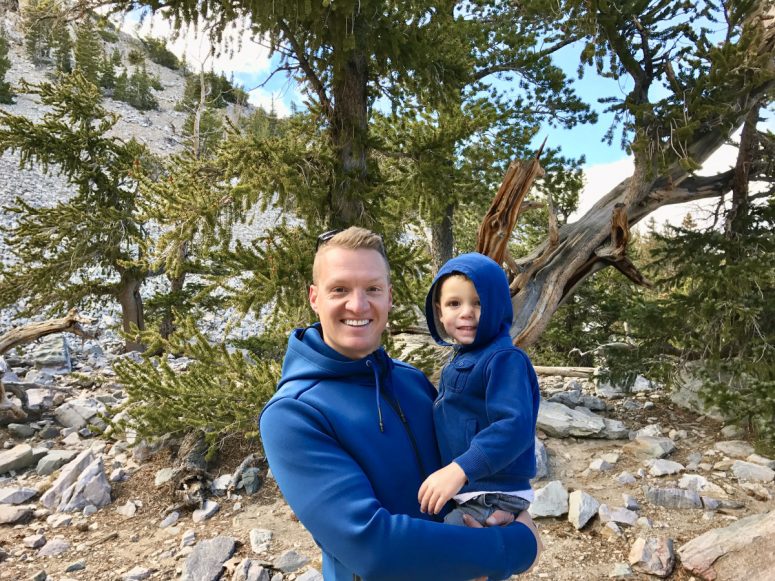
My latest for Lonely Planet:
“At nearly five millennia old, the bristlecone pines in Nevada’s only National Park are some of the oldest living organisms on earth. Although they don’t have the height or size of record-setting redwoods and sequoias standing in nearby California, ancient bristlecones can live over a thousand years longer, which makes hiking among them a surreal experience.”
Continue reading at Lonely Planet…
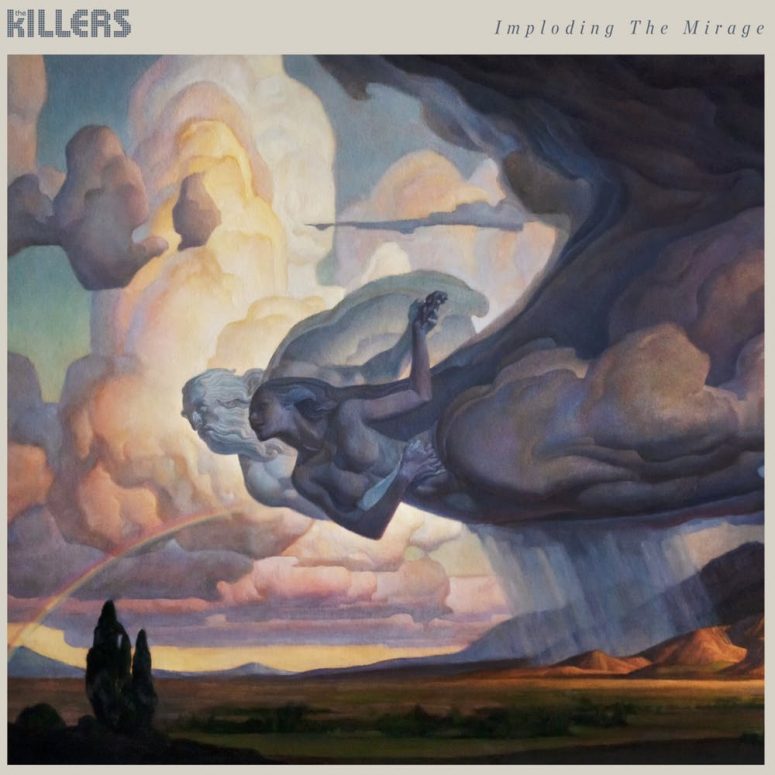
Like 2020 in general, music this year has been both good and bad. It hasn’t been the best since both releases and events are at all-time lows. But there’s been some really good stuff from the little that has been released. Pending any surprise release this winter, these are my favorite albums so far this year:
- The Killers, Imploding the Mirage. From front to back, this is a really well written, produced, and performed batch of 10 brilliant songs. Favorite song: Dying Breed
- Weeknd, After Hours (Clean). Because I listen to music with my kids and already have enough explicit content in my life, I really like the clean version of Weeknd’s latest album. I think it might be his best yet, even though it’s a slight departure from his previous EDM like production. Favorite song: Scared to Live
- Tame Impala, The Slow Rush. Is an okay Tame Impala album better than the best of the rest? If you’re a musical genius like Kevin Parker, the answer is yes. While not as masterful as his previous albums, especially currents, it’s still a good listen with a handful of really strong songs. Favorite song: On Track
- The Academic, Acting My Age. I cheated on this because it’s really an EP instead of full-length album, but the included six songs are deliciously fun, catchy, and unabashedly youthful. Favorite Song: Anything Could Happen
- Haim, Women in Music Pt. III. This is Haim’s best album to date, in my opinion. Delightful, poppy, foot-tappingly good production. Favorite song: Another Try
HONORABLE MENTION: Mr. Mustache by yours truly. I think it’s the best album by an unsigned artist this year, and not far off from sounding, acting, and producing something you’d expect from a professional team of musicians and producers. Now streaming on Spotify, iTunes, YouTube Music, Amazon and more. Favorite song: Shrug. I hope you enjoy it.
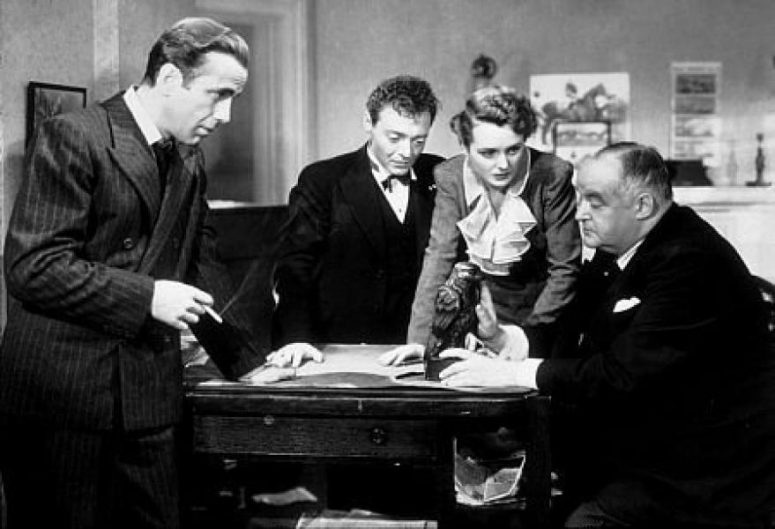
Courtesy Warner Bros.
Remarkable author Dashiell Hammett keeps this classic murder mystery going by only describing what characters see and do—never their thoughts or feelings. This makes for a tense and innovative approach to a who-done-it, and even started the hard-boiled, film noir trend of later detective novels and movies. Four out of five stars.
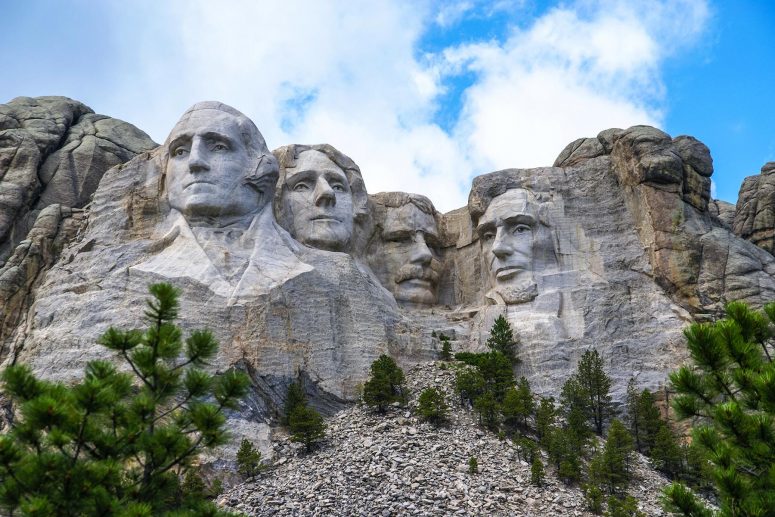
Courtesy Shutterstock
Although several of my international travel stories are still on hold, a handful of domestic ones recently published that I hope you enjoy. Thanks for reading and sharing any you like:
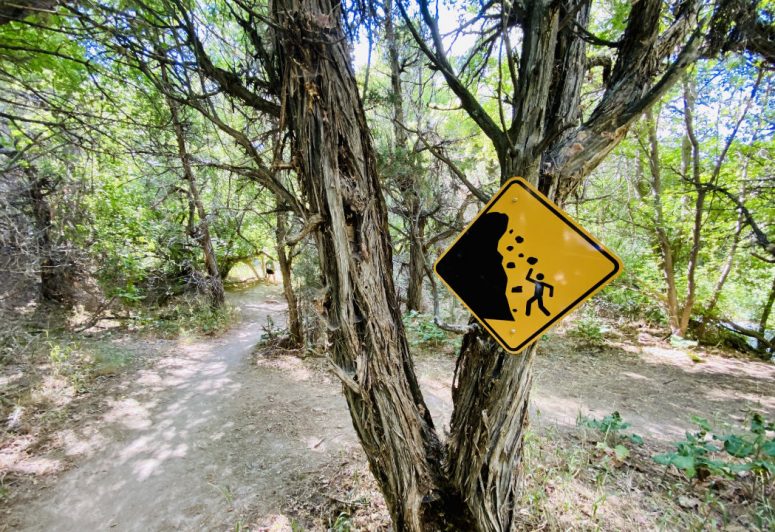
Judge me if you must, but I’ve been roadtripping with family for the last several months in quarantine to domestic locations that are increasingly open to tourists.
This is what I’ve learned from that changed, strange, but still worthwhile experience of traveling in a pandemic: Continue reading…
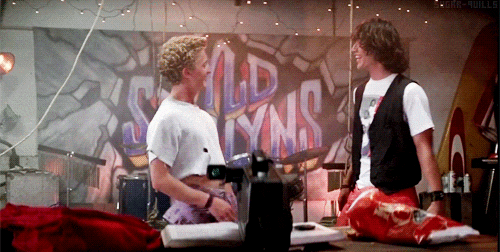
Two weeks after lockdown began this spring, I went to Guitar Center to pickup some gear for my new album. The place was packed. “It’s been Black Friday every day for the past two weeks,” one clerk told me.
Turns out, the sudden spike in homemade music has remained ever since. Gibson, Fender, and others have already broken record sales this year. One guitar maker sold in June and July what they expected to sell for the entire year!
According to the New York Times, “In a narrow sense, the surge made sense. Prospective players who had never quite found the time to take up an instrument suddenly had little excuse not to. As James Curleigh, the chief executive of Gibson Brands, put it: “In a world of digital acceleration, time is always your enemy. All of a sudden time became your friend.””
That was certainly the case for me. My work slowed, and I didn’t watch any Netflix or read any books during the first five months of quarantine. Instead, I spent all of my spare time making music, which resulted in my debut record and forming my first band since college.
It’s amazing what you can accomplish when time slows, whether by design or by pandemic.

Next to California and Alaska, Utah is one of the most disproportionately beautiful and geographically diverse states in America. It has five national parks, 10 national monuments, and dozens of other national recitation areas. Even some of its state parks that would likely be a national park anywhere else (I’m looking at you Snow Canyon). It’s a state I call home, and where I want my ashes spread when I die. About the only thing Utah doesn’t have are beaches, but the red rock just might make up for that absence. Either way, here are five impressive photos of some of the state’s most iconic scenery: Continue reading…
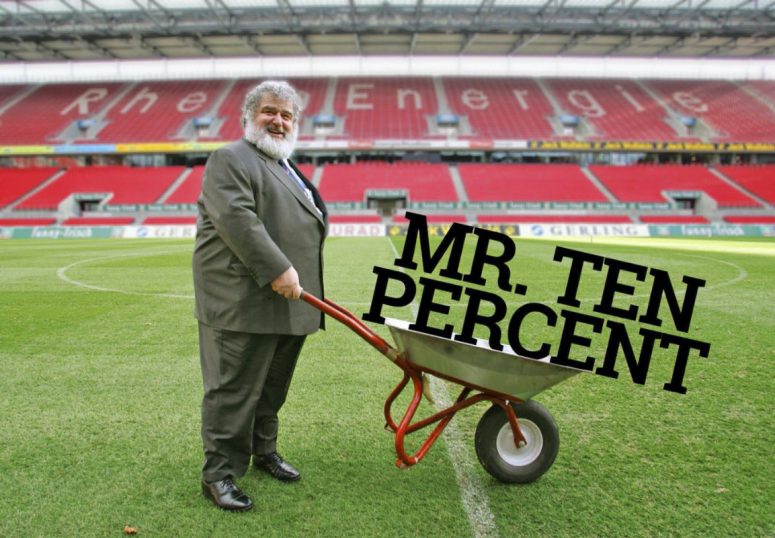
In 2015, the U.S. Department of Justice indicted dozens of global soccer officials on charges of rampant bribery, money laundering, and widespread corruption. As the “FIFA fallout” continues, here’s what organizations can do to keep themselves honest, in good standing with the law, and free from corporate fraud.
The month before the 2014 World Cup was set to kick-off in Brazil, a Los Angeles journalist by the name of Ken Bensinger received a juicy tip from a colleague. According to the tipster, a top U.S. soccer official by the name of Chuck Blazer had defrauded the sport of more than $20 million dollars. Not only did the official deal in the wholesale bribery, but he apportioned 10% of almost every single dollar that came in—even hot dog sales, even on charity games.
Bensinger did some digging, confirmed the rumors, and published his wild, investigative story for Buzzfeed News. The story went viral, and quickly uncovered a rabbit hole of obscene corruption that reached nearly every region of the global sport, from the bottom to the top. Although international FIFA officials were always suspected of rampant fraud, Bensinger’s story was the first to reveal that the culture of crime had undoubtedly reached U.S. shores.
A year later, with the help of a cooperating Blazer, the U.S. Department of Justice indicted the first of dozens of FIFA officials on organized crime charges of racketeering, bribery, money laundering, and fraud. That seismic event lead to Bensinger’s groundbreaking and riveting book, Red Card.
I recently spoke to Bensiger about the fallout and what companies can learn from the largest sporting scandal in world history. And although few, if any, legitimate businesses operate as organized crime syndicates like FIFA often did, Bensinger was quick to diffuse the proximity.
“It was organized crime, but the corruption case also involved several legitimate businesses,” Bensinger says. “Sports marketers, big broadcasters, and sponsors such as Coca-Cola, Sony, and McDonald’s, the latter two which even canceled their contracts with FIFA as a result.” Continue reading…

Business Insider recently compiled the latest research on how parenting styles affect our grown children. For example, according to the American Medical Association, Harvard, the University of Michigan, and others:
- Kids who do chores grow into more independent and responsible adults.
- Kids who are taught social skills end up graduating from college and earning more money.
- Kids who were told white lies by their parents have a lot more trust issues as adults.
- Kids develop low self esteem after watching their parents speak negatively about their own bodies.
- Kids with high expectations and nurturing parents get better grades in school.
- Kids who are taught how to verbalize feelings get fewer divorces as adults.
- Kids who are sheltered by their parents suffer greater anxiety as adults.
Parenting isn’t easy. But reading the above makes me want to double my efforts. The upside is far too great than giving in to a daily tantrum.
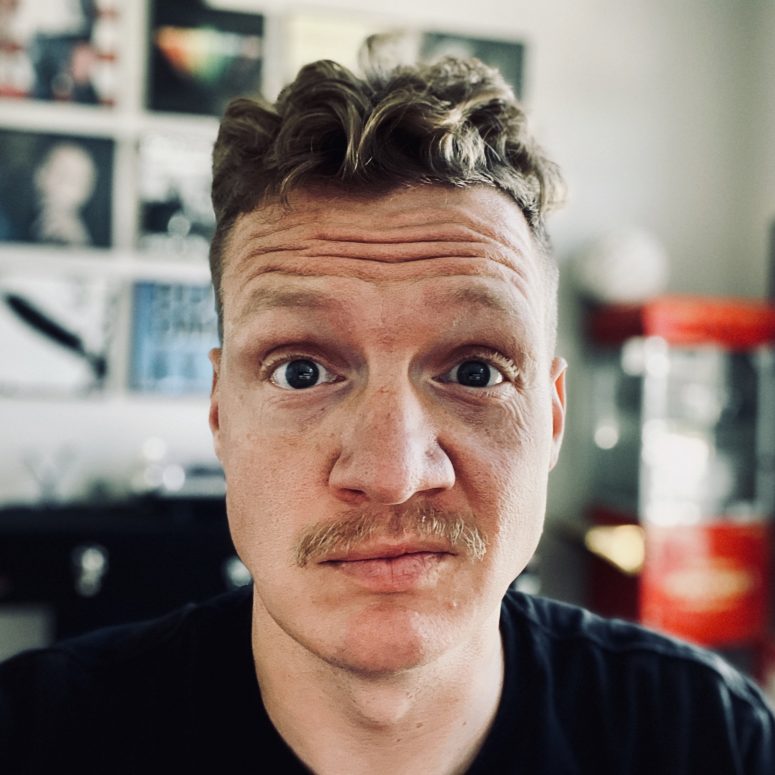
When a friend recently asked Blake Snow if he was quitting his day job to become a full-time musician, he answered “No.” But that doesn’t mean his debut album, Mr. Mustache, is a joke or something not worth supporting (or even touring). “It’s a synth-laden rock record that I take very seriously,” Snow says.
Written, recorded, and produced entirely in quarantine, Mr. Mustache is the public culmination of more than 25 years of homegrown songwriting, recording, and performing. “I wouldn’t say this record saved my life, but it definitely saved my sanity during lockdown,” Snow says. “I hope you enjoy listening to it as much as I had making it.”
Standout tracks include the lead single, Turn A Corner, the moody Control What You Can, the playful Mr. Mustache, and Snow’s personal favorite, Shrug, which also happens to be his go-to coping mechanism for the current madness.
Listen to the full-length album now on:

Courtesy Shutterstock
Do you know what happens when world-class athletes stop taking time-outs? Their body slows down and they start making bad decisions. Anyone who’s every played competitive sports or even performance art already understands this truth.
And yet when it comes to office work, many of us overlook the importance of regular breaks. We mistakenly assume that just because we’re not exerting our bodies, we don’t need rest. But breaking isn’t just for people who tax their bodies for work, it’s for anyone who thinks and makes lots of decisions—you very much included.
To that end, here are 5 ways regular breaks can help you work smarter, faster, and even longer: Continue reading…
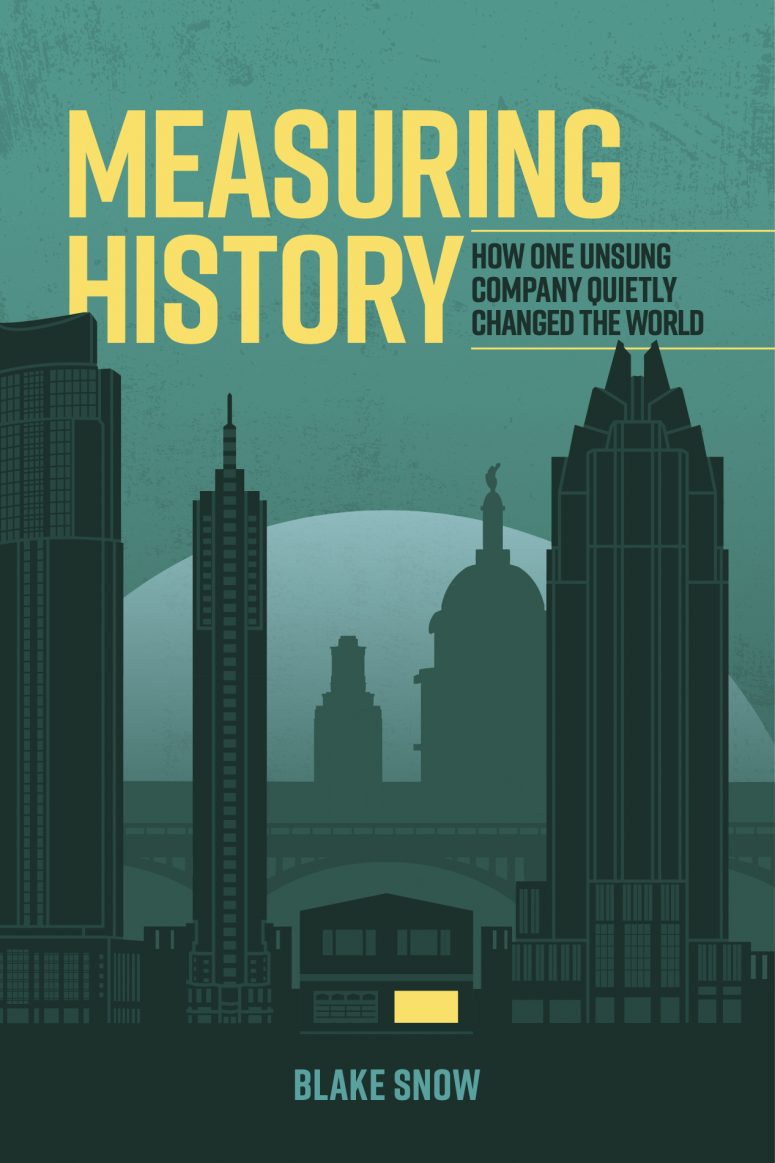
I finished writing my second book the day America shutdown on Friday the 13th. In the months since, it was edited, approved, and most recently cover art-ed.
Although it was suppose to publish in August, COVID slowed things down a little. But I’m still confident it will release in the coming weeks, depending on schedules.
Either way, I’m incredibly proud of the result and can’t wait to share it with the world soon. Thanks for considering it.
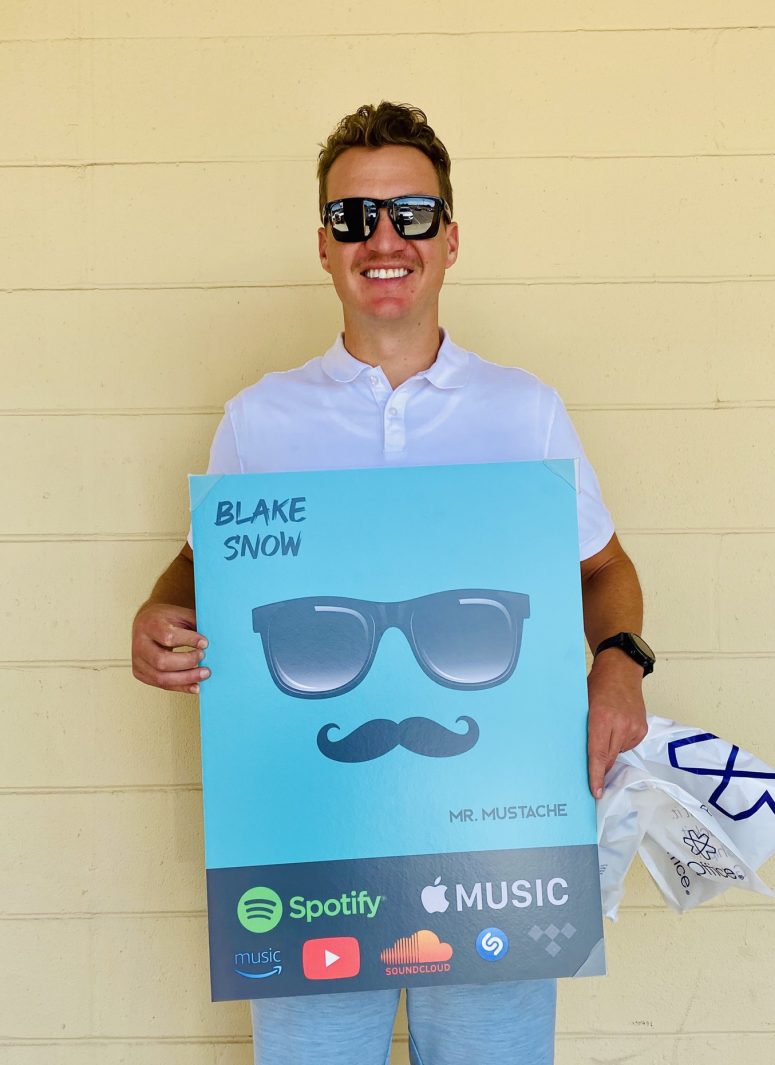
Photo by my son, Max Snow
My first album, Mr. Mustache, was released on all major music stores today. I’m proud and excited to share the record with the world. Here are 10 things you should know:
- It’s streaming on Spotify, Apple Music, Amazon Music, YouTube Music and more. Additionally you can purchase the album for download from iTunes or Amazon. I get like .00000001 of a penny every time you do.
- With exception to one song (“Show Me,” co-written by friend Chris Morell), the entire album was written, recorded, produced, mixed, and mastered by me in my home office. I even did the cover art. You can read the story behind all 12 songs here.
- I wrote and recorded 18 songs for the album, but shelved five and will re-record the sixth for a later release. The album was recorded in Garage Band on my Mac mini and distributed by Amuse.
- The record is 41 minutes long, which is the age I turned while finishing the record. I also had a near out-of-body experience while recording this song.
- It was produced entirely in quarantine. Although unwanted, “The Great Shutdown” proved to be the most musically inspiring event of my life so far.
- It took four months to complete, from pre-production songwriting and arranging, to recording and performing, and ultimately mixing and mastering.
- Not since college have I played this much music. Never in my life have I written this much music. I can’t tell you how wonderful it feels to make noise while the world sorts itself out.
- There are six synth pop songs on the 12 track record, plus two rock songs, two pop punk songs, and two ballads.
- My friend recently asked if I was quitting writing to become a full-time musician. I replied, “No,” but I plan to release several more albums in my spare time now as an unsigned artist.
- You can ask Alexa, OK Google, or Siri to “Play the latest Album by Blake Snow” and they will. Neat!
After my family played the record for this first time this morning, my wife asked in earnest, “Will you cut your mustache now?” I said, “Yes.” But only after my album release party tomorrow!
Thanks for listening and sharing with anyone who might like it.
PS—If you would review the album on your favorite music service, it would really help it reach more people. Thank you.
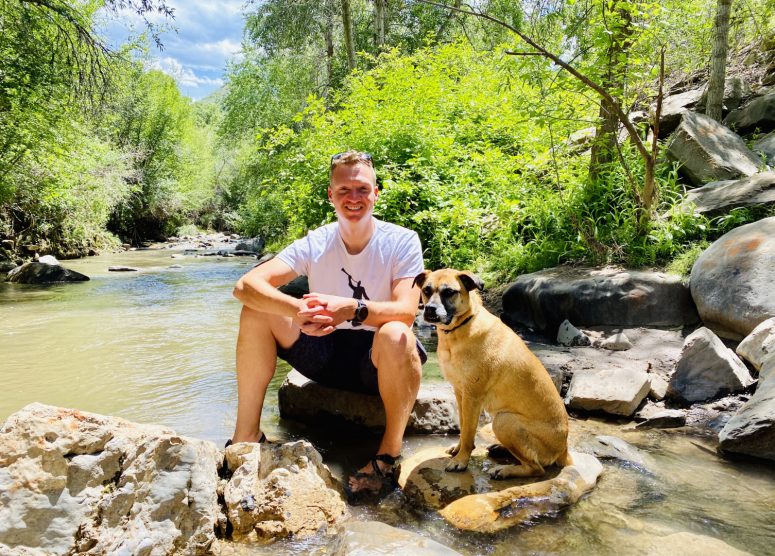
Credit: Lindsey Snow
I was recently interviewed by Kim Forrester, a wellbeing podcaster from New Zealand, about my book Log Off: How to Stay Connected after Disconnecting.
I hope you enjoy her delightful accent and questions as much as my answers related to sustainable technology use, how quarantine has changed the rules (or hasn’t), and what you can do right now to reclaim your nights and weekends.
Thanks for listening.
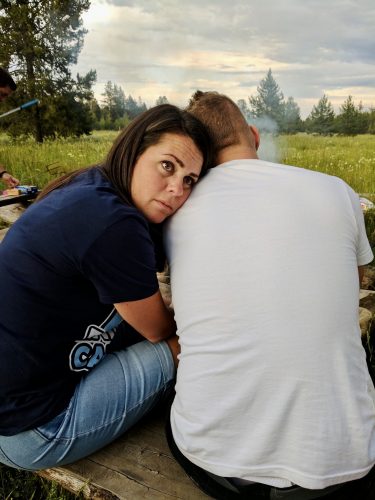 I was a mess the first two weeks of quarantine. My wife of 17 years said she had never seen me so stressed.
I was a mess the first two weeks of quarantine. My wife of 17 years said she had never seen me so stressed.
What did I do to cope?
I started writing music at a frantic pace and recorded 18 original songs in the first three months of shutdown. Twelve of those songs made it on my debut album that’s available for streaming and download on August 20.
One of the songs that really help me move from stress to at least some kind of clarity was called “Control What You Can.” With exception to the bridge, it ‘s only two chords and it has an uneasy feeling, the same feeling most of us felt when the world changed.
But in spite of the uneasy sound, I wrote the encouraging lyrics for myself, pleading to “control what I could” when there was so much I couldn’t control. It was a wonderful realization that help me turn a corner; from stress into action.
When I went to record the song, it was late at night. With my floor lamp and headphones on, I spent several hours on the production and immediately knew I had captured a special sound, arguably the most professional track on the the entire album. By the end, I recorded a simple but righteous guitar solo and sung my heart out during an extended outro.
This is that song. It’s pretty moody. And although the music doesn’t sound very uplifting, the lyrics completely are, which is a juxtaposition that I really like and hope you do to.

Courtesy Shutterstock
I’ve never been scared of COVID.
I’m still young and in good health, which played a big part in me not feeling vulnerable, since the virus tends to kill older and chronically ill people. But even those groups are both enjoying well over a 99% recovery rate now, according to the latest numbers. Whereas before coronavirus was hospitalizing and killing around 5% of those it infected, those numbers have dropped below 1%. Neither 5% or 1% scares me.
Truth be told, I’ve always sided with Sweden’s controversial, no masks, and little social distancing approach, which allowed schools, businesses, and small gatherings to remain open. That approach is increasingly looking like a more than suitable one that benefited Sweden’s economy without the massive death that the rest of the world predicted they would have.
Furthermore, in a recent report entitled The Coronavirus Is Never Going Away, The Atlantic convincingly argues that COVID will likely become a common cold or seasonal flu strain, like other coronavirus have before it. “I think this virus is with us to the future,” said one vaccine researcher at Johns Hopkins. “But so is influenza with us, and for the most part, flu doesn’t shut down our societies. We manage it.”
If that ends up being the case, I’m not sure how soon we can all remove the masks and start “social proximiting.” But I sure hope it’s sooner than later. As one commenter recently said, “Sitting at home shaking with fear while pointing the critical finger is no life.”
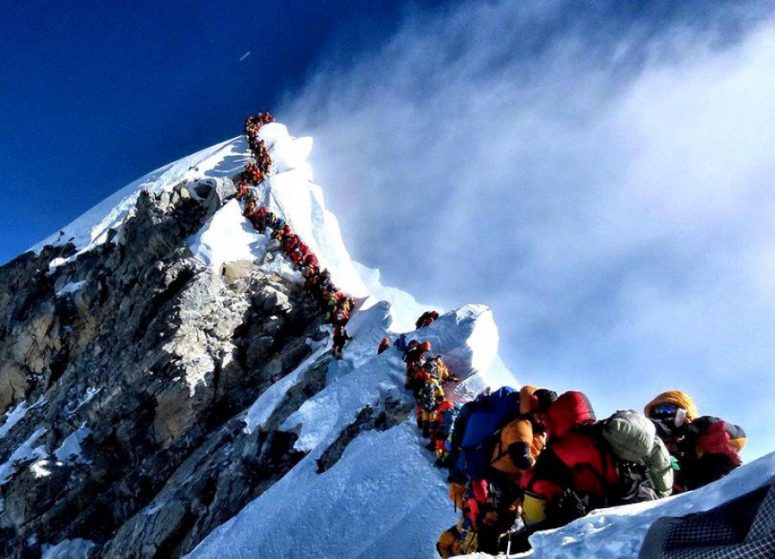
Courtesy Nirmal Purja/Twitter
This is an excellent long-read on the overpopulation of bagging Mount Everest (aka “the world’s highest junkyard”).
From The Hustle: “On Everest, even these deaths come at a premium. Retrieving a body is an extremely challenging endeavor that requires as many as 10 Sherpas and can cost up to $70k. Most corpses are left on the mountain; some, like “Green Boots,” become immortalized as trail markers.”
No, thank you.

SHOW CANCELLED: Due to drummer issues 😔, our band won’t be playing this weekend. I hope to announce a rescheduled date later this fall. Thanks for your support. 💪
Music has been good to me in quarantine.
In addition to recording an album, I started a cover band with three local musicians.
We call ourselves “Super Cover” and play energetic, dance rock songs that’ll make you want to sing. As you can see, Ashton Bennet rips on guitar. Caleb Browning destroys the bass and backing vocals. Jayce Ward keeps perfect time on drums. And I sing while playing a mean tambourine sometimes.
Our first all-ages show is Saturday, September 12 on the outdoor stage at the Provo Riverwoods Mall. We plan on playing from 7:30–9:00 pm. Our setlist includes bangers from The Black Keys, Fitz & The Tantrums, Muse, MGMT, Phoenix, Tame Impala, Grouplove, and Awolnation among others, not to mention a couple of ’80s surprises.
Hope to see you there. 🤘
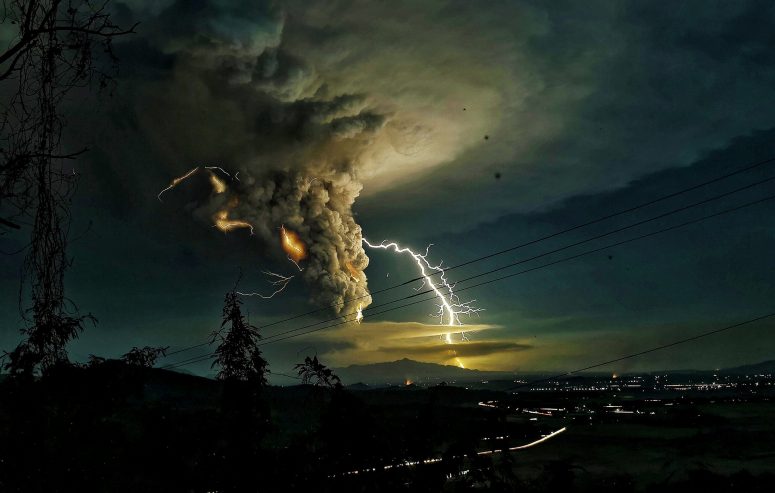



















 American politics are a turn off. So I don’t watch 24 hour news. But American politics are also important. Which is why I read candidate bios before casting my vote.
American politics are a turn off. So I don’t watch 24 hour news. But American politics are also important. Which is why I read candidate bios before casting my vote.







 This is a great
This is a great 
















 I was a mess the first two weeks of quarantine. My wife of 17 years said she had never seen me so stressed.
I was a mess the first two weeks of quarantine. My wife of 17 years said she had never seen me so stressed.

